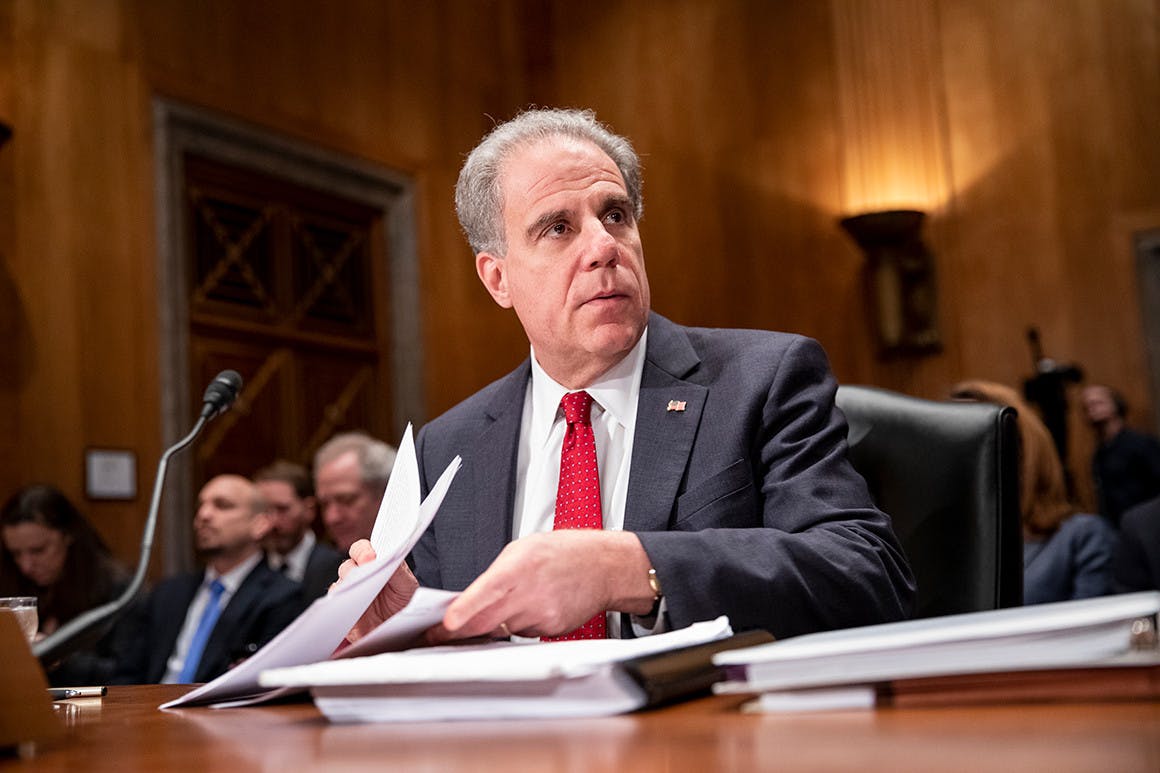 New York Times
New York Times
Lack of transparency could hinder virus bailout, oversight board warns
The new federal oversight board responsible for tracking how $2.4 trillion in bailout money is being spent warned on Wednesday that a lack of transparency and feeble reporting requirements could hamper its efforts to ensure that the funds are being deployed properly.
The review comes amid a growing fight among the committee, lawmakers and the Treasury Department over how much information the Trump administration should be required to disclose about those receiving bailout funds.
Read more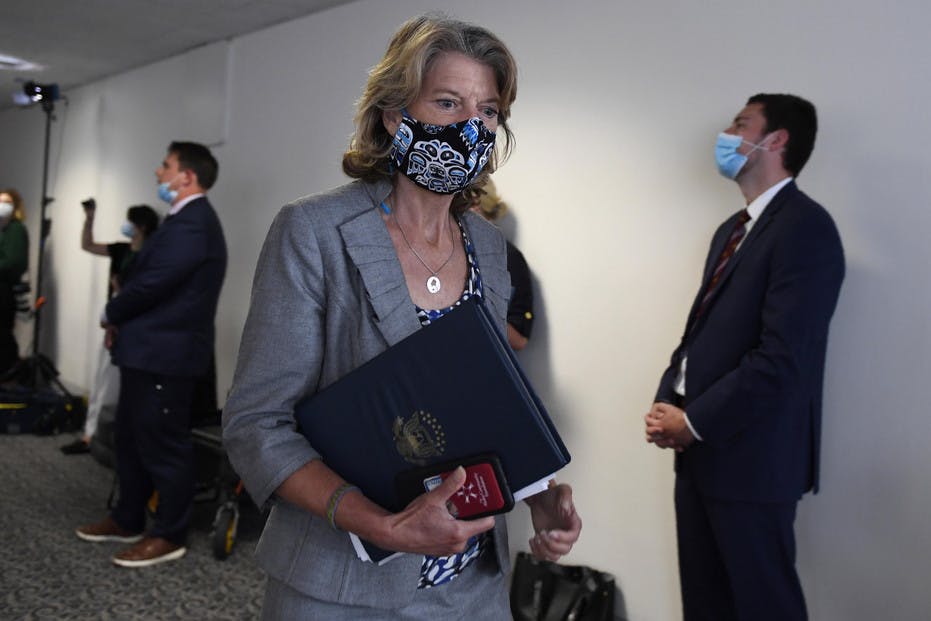 E&E
E&E
Congress weighs new stimulus measures, some to boost fossil fuels
Senate Energy and Natural Resources Chairwoman Lisa Murkowski (R-Alaska) made a renewed call during her own hearing yesterday for Congress to provide needed funding to fill up the government's oil reserve while prices are cheap.
Murkowski spent much of her hearing probing a five-member panel about ways Congress could offer assistance that could encompass the oil and gas and clean energy businesses.
One idea is tinkering with programs authorized by the Coronavirus Aid, Relief and Economic Security (CARES) Act — like the Paycheck Protection Program or the Main Street Lending Program — to help energy companies access help.
Read more E&E
E&E
Lawmakers question givebacks to companies drilling on public land
House Natural Resources Committee leaders say the Bureau of Land Management may be unlawfully allowing oil and gas companies to seek royalty cuts because of the pandemic.
The Democratic lawmakers are demanding the Interior Department provide information on what the oil and gas regulators are doing behind the scenes.
Read more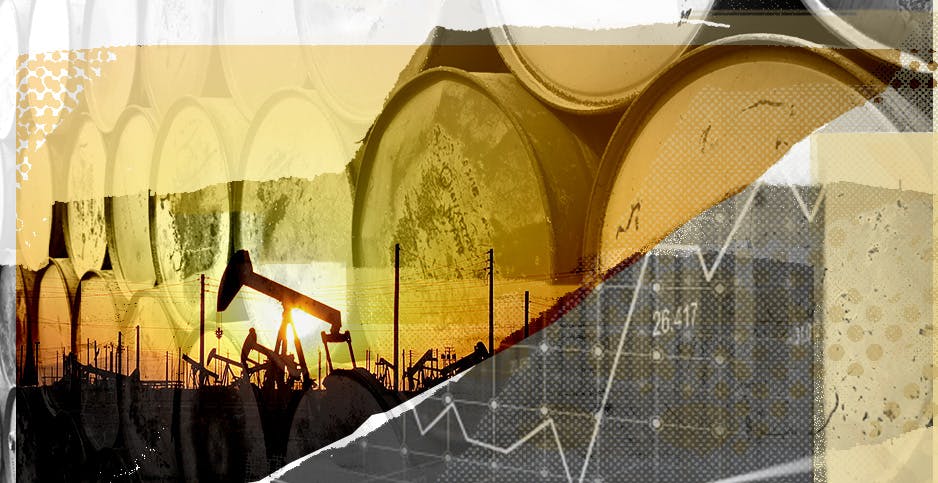 Energy Wire
Energy Wire
Energy official says gov't should buy up excess oil, expanding role of strategic reserve
The Strategic Petroleum Reserve has been the Trump administration's policy lever of choice to cushion against a historic oil glut, and now the Department of Energy wants to add that to the reserve's mission statement.
The additional mission would alter much of how the SPR has traditionally operated.
Originally founded in the aftermath of the 1973-74 Arab oil embargo, the reserve has been meant to hold crude oil in case of a global supply disruption that would send oil prices skyrocketing.
Read more NPR
NPR
Absent from stimulus packages: Overhauling energy, climate programs
Around the world leaders see opportunity in the global pandemic to address the other big problem humanity faces: climate change.
The United Nations and International Energy Agency suggest all nations consider climate when drafting stimulus plans. The European Union is developing a plan that does that.
But here in the United States, climate change and reducing greenhouse gas emissions have not been a part of the $3 trillion in relief packages passed so far. That's despite the country's history of passing big energy programs to boost the economy.
Read more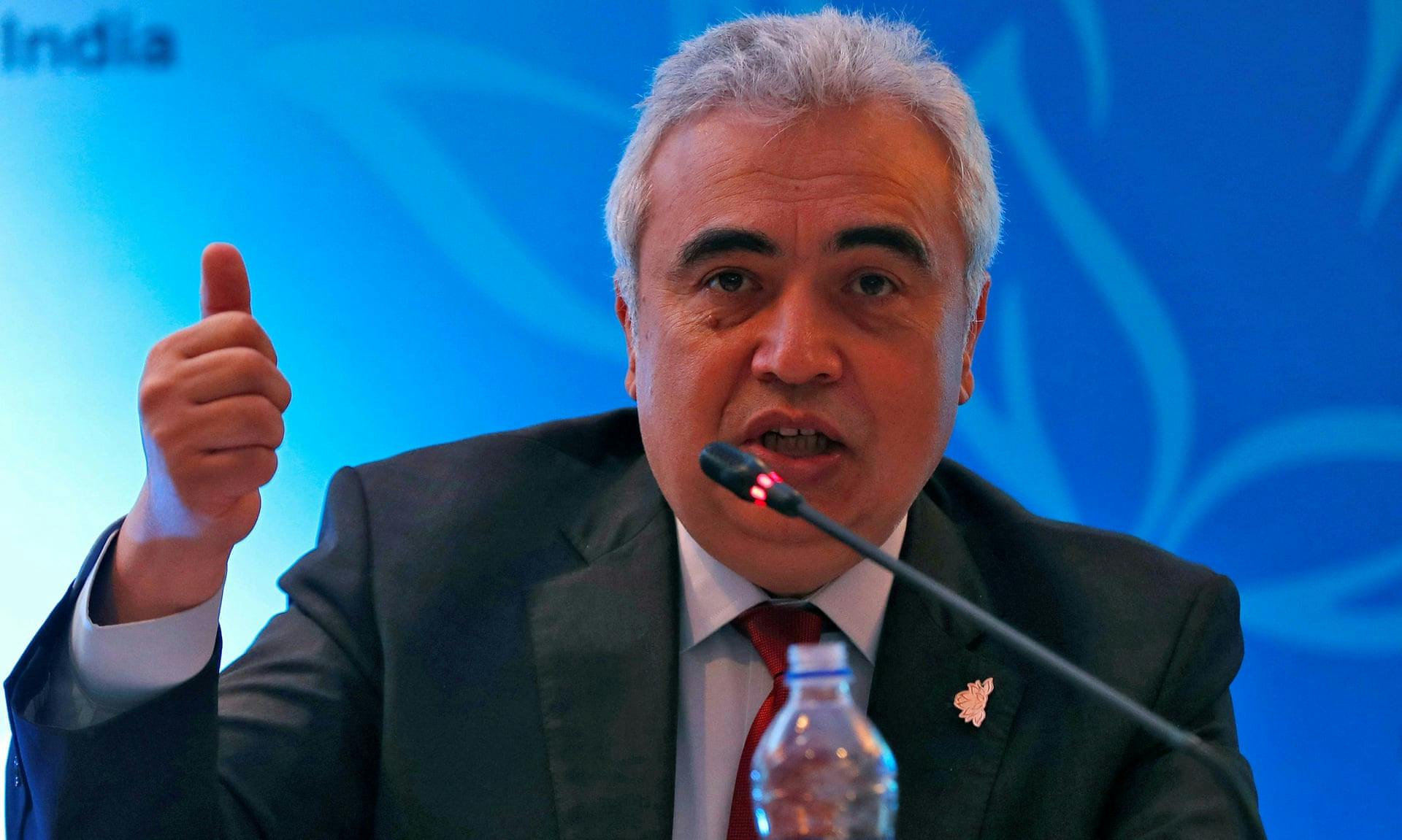 The Guardian
The Guardian
Without green investments, global oil demand could see record growth next year
The world’s oil demand could climb at its fastest rate in the history of the market next year, and may reach pre-crisis levels within years, unless new green policies are adopted, according to the International Energy Agency (IEA).
The IEA’s latest oil report, used by many major economies to help shape their energy policies, casts doubt over claims by some that the coronavirus has already triggered a terminal decline for oil demand.
Read more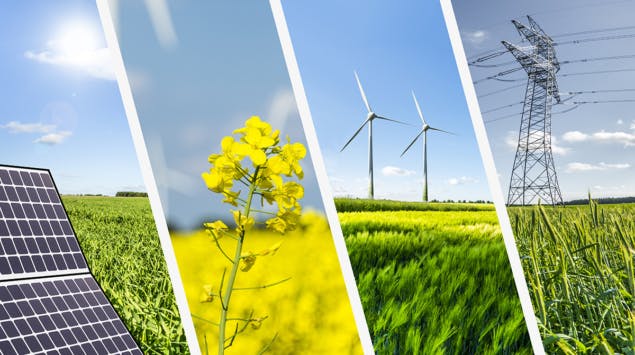 Bloomberg Green
Bloomberg Green
3 years and $3 trillion could shift the climate change narrative
Plummeting carbon emissions and big government spending—two of the defining narratives of 2020 so far—could create an unprecedented opportunity for the world to meet the goals enshrined in the 2015 Paris climate change agreement, according to the International Energy Agency. With $1 trillion of investment over each of the next three years, global energy-related CO₂ emissions could end up falling in 2023 by 4.5 billion metric tons, or 14% of last year’s total.
So says a special edition of the IEA’s annual World Energy Outlook, released today, which looks at more than 30 individual policies with the potential to both lift the world out of its Covid-19 economic slump and generate climate-safe growth. Together they would create 9 million jobs across a variety of energy-intensive sectors and push global GDP 3.5% higher by 2023 than it would otherwise have been, according to a joint IEA-International Monetary Fund analysis.
Read more TYT
TYT
Opinion: Why no green stimulus money?
Why is there no stimulus money for the environment from our federal government?
Why after $3 trillion has been authorized for recovery and another $1 trillion considered, not one penny has gone to end climate change when scientists warn the Earth is at a critical tipping point and we are the world’s worst polluter? Why nothing for the environment when global warming and carbon emissions are increasing faster than originally thought? Why is there not even a green stimulus bill proposed to address climate change and global warming even though 2019 was the second warmest year on record and 2020 is expected to be warmer?
Read more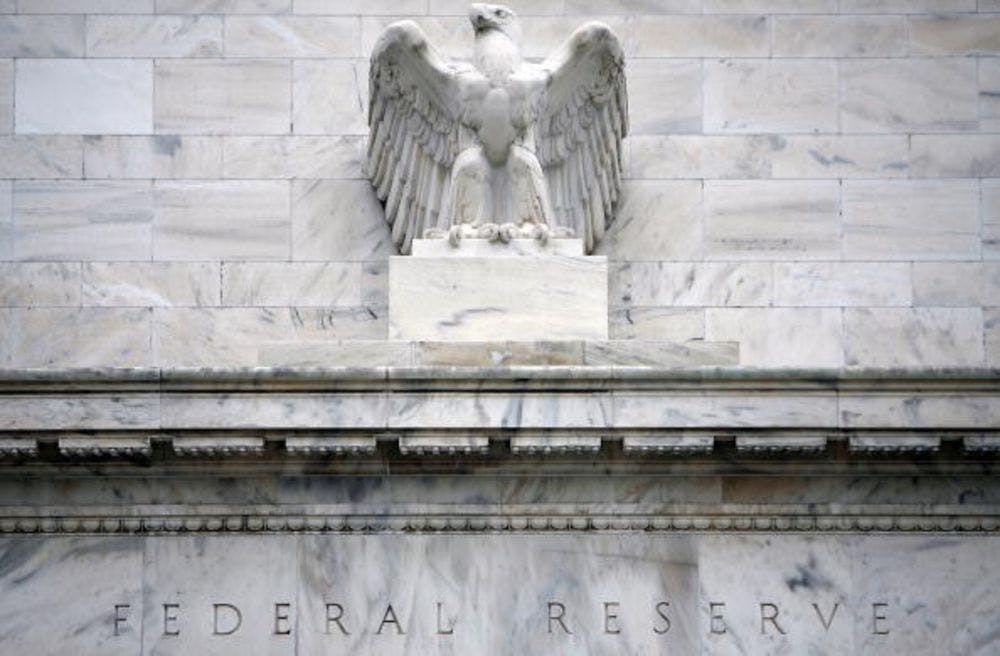 Washington Post
Washington Post
Opinion: Fed programs risk 'propping up zombie companies'
With credit markets operating smoothly, the Fed now has no mandate to reflate the credit and stock bubbles that existed before the crisis, in the process propping up zombie companies and forestalling the long-overdue restructuring of industries with too much capacity and companies with too much debt.
Read more